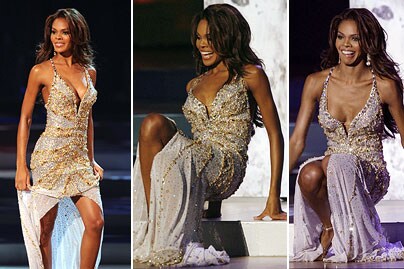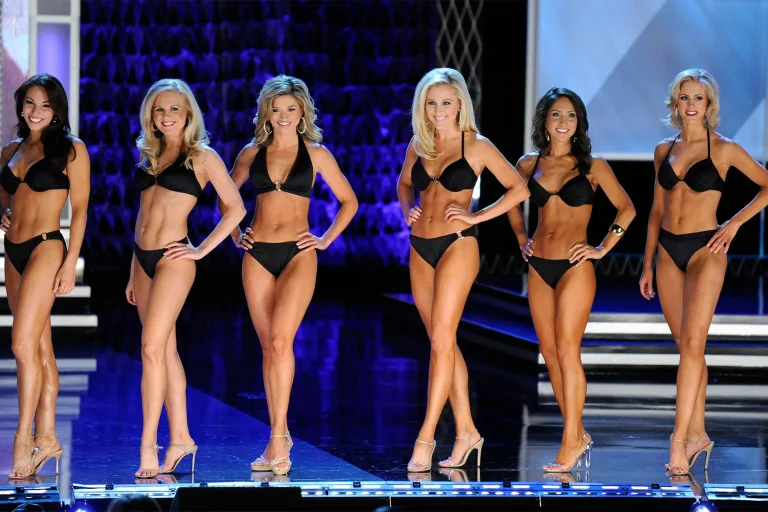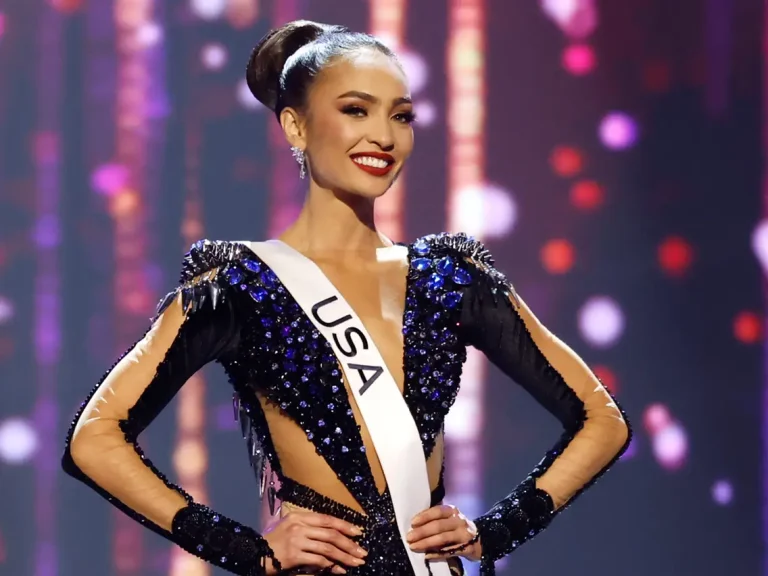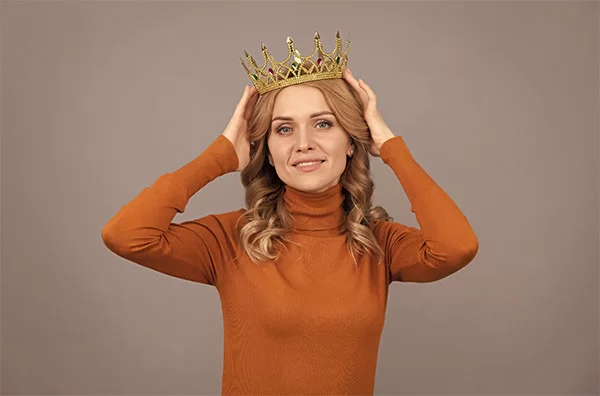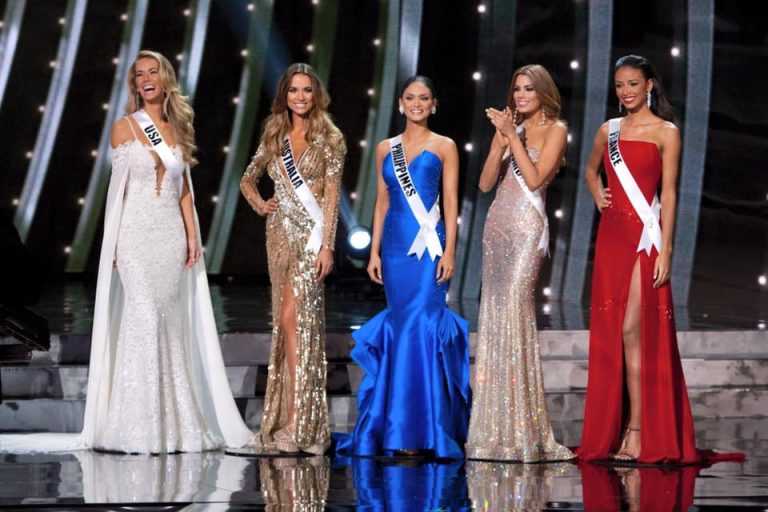Should Child Beauty Pageants Be Banned?
The debate over child beauty pageants stirs strong opinions on whether these events harm children or offer valuable life experiences. Critics argue they foster unhealthy competition, sexualize young participants, and prioritize physical appearance, potentially leading to psychological issues. Supporters contend they can boost confidence and social skills if managed responsibly. Today we will examine whether the potential for harm justifies a total ban or if reform and stricter regulations could mitigate concerns, preserving the benefits these competitions may offer.
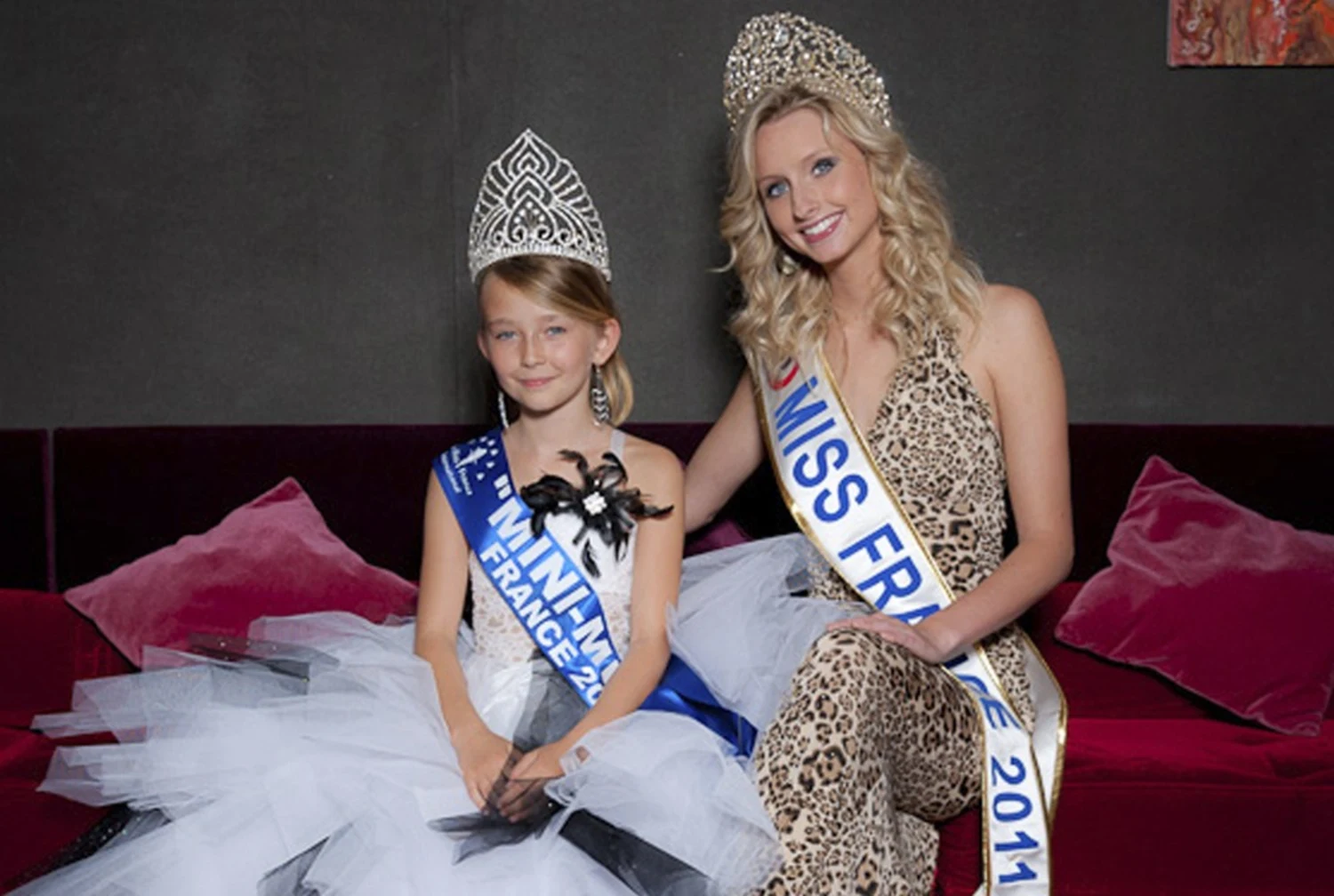
Should Child Beauty Pageants Be Banned?
The debate over whether child beauty pageants should be banned is multifaceted, involving considerations of children’s rights, psychological effects, and societal values. Here’s a breakdown of arguments from both sides:
Arguments Against Child Beauty Pageants:

- Exploitation and Sexualization: Critics argue that these pageants exploit children and can lead to their sexualization. The focus on appearance and revealing outfits can be inappropriate and damaging to a child’s self-esteem.
- Psychological Harm: The pressure to win and the competitive atmosphere can be stressful for young children. They may experience anxiety, depression, and low self-worth if they don’t win or meet unrealistic beauty standards.
- Unhealthy Focus on Appearance: Pageants can instill an unhealthy obsession with beauty and perfection in children at a young age. This can lead to body image issues and eating disorders later in life.
- Commercialization: Many pageants are seen as money-making ventures for organizers and pageant businesses, exploiting children for profit.
Arguments For Child Beauty Pageants:
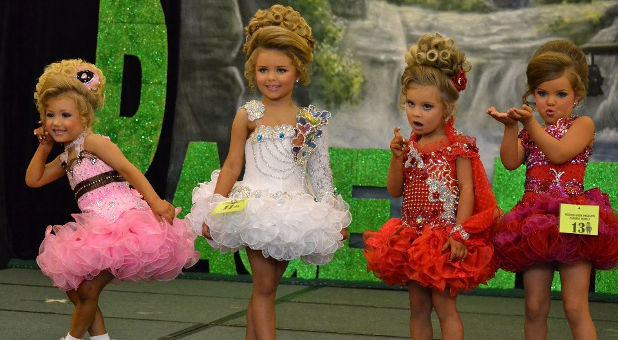
- Confidence Building: Proponents argue that pageants can boost a child’s confidence and self-esteem by allowing them to showcase their talents and personalities.
- Developing Skills: Pageants can provide opportunities for children to develop skills like public speaking, performance, and social interaction.
- Scholarships and Opportunities: Some pageants offer scholarships and other opportunities that can benefit children’s education and future endeavors.
- Family Bonding: Supporters view pageants as a positive family activity that strengthens bonds between children and parents.
Finding Common Ground:
- Regulation: Some advocate for stricter regulations on child beauty pageants, focusing on appropriate attire, age restrictions, and limitations on competition duration.
- Focus on Skills: A shift towards pageants that emphasize talent, personality, and community service rather than just physical appearance could be a solution.
- Parental Guidance: Ultimately, the decision of whether or not to participate in a pageant should be made by the child and their parents. Open communication and prioritizing the child’s well-being are crucial.
The Potential Harm of Child Beauty Pageants
Child beauty pageants, while a popular and enduring aspect of many cultures have come under scrutiny for their potential harm to participants. The concerns revolve around the psychological, physical, and social implications for children involved in these contests. Here are some of the key areas where harm may arise:
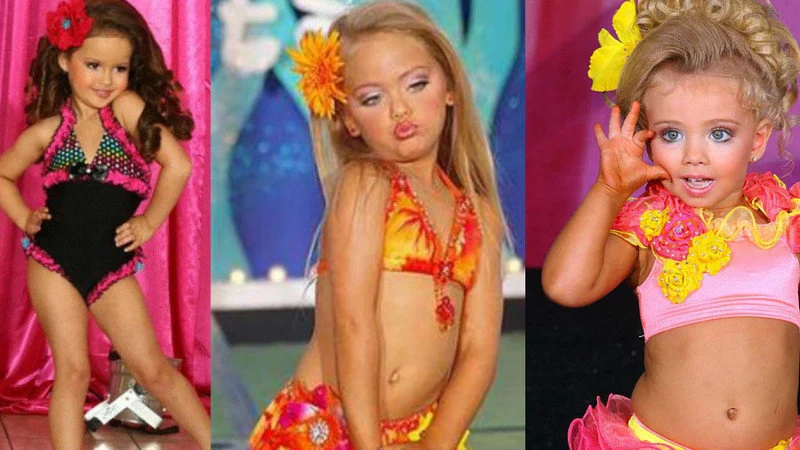
1. Psychological Impact
- Body Dysmorphia and Eating Disorders: Constantly being judged on appearance can lead to an unhealthy focus on physical looks. This obsession may result in conditions like body dysmorphic disorder or eating disorders such as anorexia or bulimia.
- Low Self-esteem and Confidence Issues: Not winning or being compared unfavorably to others can lead to feelings of inadequacy, affecting self-esteem and self-confidence.
- Stress and Anxiety: The pressure to perform and meet certain beauty standards can lead to heightened stress and anxiety, including performance anxiety and fear of public judgment.
2. Sexualization
- Early Sexualization: The emphasis on makeup, hair styling, and provocative clothing can sexualize children at a very young age, leading to inappropriate attention and an unhealthy focus on physical attractiveness.
- Distorted Sense of Worth: When children are rewarded for their sexualized appearances, it may teach them that their value lies in their looks rather than their abilities, character, or intelligence.
3. Physical Harm
- Exposure to Harmful Products: Regular use of makeup, hair products, and tanning solutions can expose children to harmful chemicals.
- Risky Behaviors: In pursuit of the ideal pageant look, some may engage in risky behaviors like extreme dieting or using unsafe beauty treatments.
4. Social and Emotional Effects
- Misplaced Priorities: Emphasizing beauty and competition from a young age can lead to a distorted sense of priorities, valuing competition and appearance over collaboration, kindness, and intellectual development.
- Parental Pressure: Children may face intense pressure from parents to succeed, leading to strained family relationships and a feeling of conditional love based on performance and appearance.
5. Exploitation Concerns
- Financial Exploitation: The high costs associated with pageants (entry fees, costumes, coaching) can be financially draining, with some families spending beyond their means for the chance of winning.
- Exposure to Predators: The public nature of these contests and the online posting of photos and videos can unfortunately make participants targets for predators.
While proponents argue that beauty pageants can offer benefits such as improved public speaking skills and increased self-confidence, the potential for harm suggests a need for careful reconsideration of these events, particularly regarding their structure and the values they promote. Advocates for child welfare call for stricter regulations or a reimagining of pageants in a manner that prioritizes the health and well-being of the child participants above all.
Frequently Asked Questions
How many children are affected by beauty pageants?
According to a Pageantry magazine study, approximately one in every three girls who participate in child beauty pageants experience negative psychological impacts later in life.
Why are beauty pageants beneficial for children?
Pageants can offer children valuable lessons in discipline, hard work, and dedication. Furthermore, they provide an opportunity to develop talents and skills, particularly in areas such as public speaking and performance.
Why are beauty pageants unrealistic?
The beauty standards upheld by pageants are often narrow and unremitting, emphasizing slim bodies, specific facial features, and light skin tones. These standards can inflict harm on participants who do not fit this idealized image, leading to potential self-esteem and body image issues.
Do beauty pageants serve a purpose in society?
In contemporary society, beauty pageants do serve purposes. They help participants build confidence, develop professional skills and opportunities, and provide a platform for women to advocate for important societal issues.
Why should beauty pageants be banned for minors?
Child beauty pageants often propagate an unhealthy image of the female body that could lead to eating disorders like bulimia and anorexia. Psychologists believe these events might cause long-term psychological harm to young participants.

I’m Ellis Philip, a writer who loves fashion. I often write for beauty magazines, sharing my thoughts on how fashion can make women feel powerful. Traveling is my passion, as it lets me discover new beauty products and trends. I enjoy bringing these finds into my writing, hoping to inspire others.

